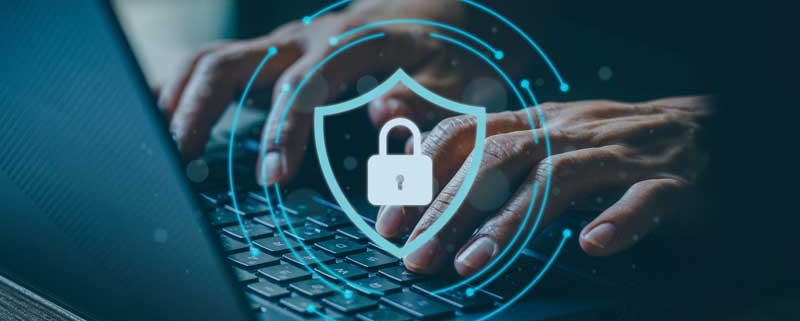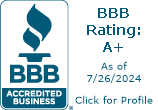Cybersecurity at Home and Work
- Cybersecurity at Home and Work - October 6, 2024
- Reliable Government Security for the Tri-State Area - October 5, 2024
- Security Solutions for Government Properties in the Mid-Atlantic - September 11, 2024
As a security company servicing the Mid-Atlantic, we know that cybersecurity should be a top priority for everyone in today’s tech-dependent culture. The fact is, there are more opportunities than ever for cybercriminals to breach the security of ordinary users, both at home and at work. These are the most common cyber attacks, and some simple steps you can take to protect yourself at home and business.
Protect Yourself from Hacking
Hacking is the cybercrime that started it all. and it has only gotten more malicious over the years. Hackers start by accessing your login information, which they use to impersonate you for their gain and your loss. Sometimes, one account login is all that’s needed to steal your identity, take over your credit card accounts, or apply for loans in your name. When hackers don’t commit identity theft, it’s often because they would rather take your information to the dark web and attempt to sell it to other cybercriminals.
As for business, an experienced hacker can attack entire organizations on a massive scale.
Because a hacker’s primary weapon is password theft, the simplest way to protect yourself is to guard your passwords. Cybersecurity experts typically recommend changing passwords every three months, using complicated passwords, and making sure that your accounts have different passwords so that cybercriminals can’t attack all your accounts at once. It’s easy to manage them when you use a secure password storage app.
Protect Yourself from Phishing
Phishing is a cybercrime that involves attempting to retrieve your personal information, whether it’s account logins, addresses and phone numbers, or even protected health information. Phishers do this by sending you bogus emails that represent themselves as coming from a company you may do business with, then asking you to confirm your identity or logging in with this information. To protect yourself from phishers, start by knowing what their emails look like. They often have misspellings, bad grammar, unprofessional language, odd greetings, and urgent demands for you to act “immediately.” You can also spot a phishing email by its mismatched email domains (i.e. claiming to be from a business you have a relationship with, despite coming from a Gmail, Yahoo or Hotmail address that business would not use). Once you determine the message is a phishing email:
- Do not reply to the email.
- Do not click any links in the email.
- Do not open any attachments on the email.
- Use your email server’s reporting tool to report it.
- If at work, notify the IT department.
Protect Yourself from Virus Attacks
Viruses are no small matter. They involve cybercriminals using unauthorized code to infect your computer, often with malware that can mine your data, erase your files, encrypt your data so you can no longer access it, or disable your computer entirely. If a cybercriminal attacks a business with the \”right\” malware, the entire organization can be taken down. To protect your home or business network from viruses, invest in a reputable antivirus software program. A good antivirus can detect infectious threats in real time and remove them, foiling the plans of cybercriminals. The best antivirus programs will also scan your system on a scheduled basis to look for threats it needs to protect you from.
Call Security Instrument to Learn More
These are some of the most practical ways you can be your own cybersecurity expert at home and work. If you’re seeking a security company in the Mid-Atlantic that cares about all your security needs, Security Instrument can be that company. Call us today to discuss the security needs of your home or business.




